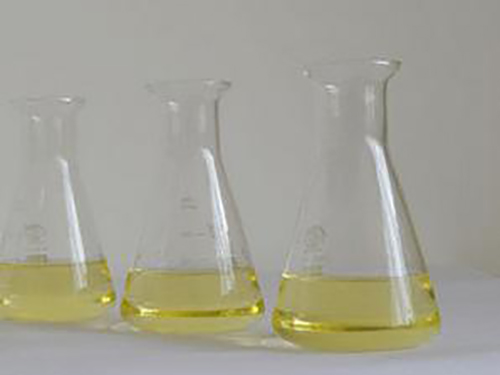Understanding PACL and Its Applications in Water Treatment Processes
Understanding PACL Polyaluminum Chloride
Polyaluminum chloride (PACL) is an inorganic compound with significant applications in water treatment, paper manufacturing, and various industrial processes. As a coagulant, it plays a vital role in the removal of impurities from water, making it safe for consumption or suitable for industrial use. This article aims to explore the properties, applications, and benefits of PACL, shedding light on why it is an essential chemical in many industries.
Properties of Polyaluminum Chloride
PACL is a water-soluble compound identified by its ability to provide effective coagulation due to its high charge density. Unlike traditional aluminum sulfate, PACL consists of polymeric aluminum species that enhance its flocculation efficiency. Its formulation typically includes varying levels of aluminum, usually represented by the general formula Aln(OH)mCl3n-m, where “n” can represent different structural forms and molecular weights of the compound.
One of the key characteristics of PACL is its performance across a wide pH range, typically functioning effectively between pH 4 and 8. This flexibility allows for its use in various types of water systems, ensuring effective treatment across different conditions. Moreover, PACL is less corrosive than aluminum sulfate, making it more attractive for many water treatment facilities.
Applications of PACL
The primary application of PACL is in the treatment of drinking water and wastewater. When added to water, it reacts with impurities and forms larger particles, or flocs, which can then be easily removed through sedimentation or filtration. This process significantly improves water quality by reducing turbidity, color, and the presence of microorganisms.
PACL is also widely used in the paper industry. Adhering to the principles of sustainable practices, it functions as a retention aid, enhancing the efficiency of fiber and filler retention. This not only improves the quality of paper produced but also reduces waste, leading to more sustainable manufacturing processes.
pacl polyaluminum chloride

In addition to these applications, PACL finds its use in the food and beverage industry, where it aids in the clarification of juices and other beverages. Its effectiveness contributes to the aesthetic quality of drinks, enhancing clarity and visual appeal without compromising safety.
Benefits of Using PACL
The use of PACL offers numerous benefits compared to traditional coagulants. One significant advantage is its efficiency at lower doses. This can lead to cost savings in terms of both chemical usage and reduced sludge production. Furthermore, since PACL is less toxic compared to other aluminum-based coagulants, it poses a lower environmental risk.
PACL's enhanced performance in coagulation and flocculation processes translates to improved operational efficiencies for water treatment facilities. With better removal rates of contaminants, PACL allows for higher throughput and operational reliability, critical factors in large-scale water treatment applications.
Moreover, as industries increasingly prioritize environmentally friendly practices, the use of PACL contributes to sustainability goals. Its effectiveness means that facilities can minimize waste generation and chemical usage, thereby aligning operations with eco-conscious initiatives.
Conclusion
In conclusion, polyaluminum chloride is a vital chemical that serves multiple industries, particularly water treatment and paper manufacturing. With its beneficial properties, broad applicability, and superior performance over traditional coagulants, PACL has established itself as an essential component in modern industrial processes. As the world continues to face challenges related to water quality and sustainability, the role of PACL will undoubtedly remain significant in providing effective solutions to these pressing issues. Whether in ensuring safe drinking water or enhancing industrial practices, PACL stands out as a powerful tool in achieving both efficiency and environmental stewardship.
-
Water Treatment with Flocculant Water TreatmentNewsJun.12,2025
-
Polymaleic AnhydrideNewsJun.12,2025
-
Polyaspartic AcidNewsJun.12,2025
-
Enhance Industrial Processes with IsothiazolinonesNewsJun.12,2025
-
Enhance Industrial Processes with PBTCA SolutionsNewsJun.12,2025
-
Dodecyldimethylbenzylammonium Chloride SolutionsNewsJun.12,2025





